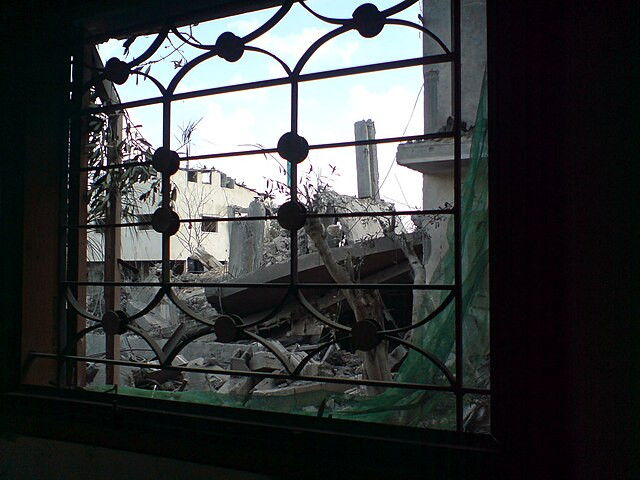Hamas announced Friday that it will provide the names of four Israeli women hostages set to be released on Saturday as part of a second exchange under the Gaza ceasefire deal. The agreement, which has temporarily halted the ongoing war, is being closely monitored by both sides amid concerns over its fragility.
Bassem Naim, a senior Hamas official, confirmed the planned disclosure and outlined the next steps in the exchange. "Today, Hamas will provide the names of four hostages as part of the second prisoner exchange," Naim said. "Tomorrow, the four women hostages will be released in exchange for a group of Palestinian prisoners, as agreed upon in the ceasefire deal."
The arrangement follows the first exchange earlier this week, during which Hamas freed three Israeli hostages while Israel released 90 Palestinian prisoners. In the upcoming swap, Israel is expected to release 180 Palestinian prisoners, including individuals with more serious charges. However, Israeli officials have emphasized that no prisoners involved in the October 7 attacks will be among those freed.
The ceasefire, brokered by Qatar, Egypt, and the United States, is intended to serve as the foundation for a broader agreement to end the conflict that began with Hamas's unprecedented attack on October 7. That assault resulted in the deaths of over 1,200 Israelis and the abduction of 251 hostages, according to official figures.
The war has since claimed tens of thousands of lives in Gaza, with the Hamas-run health ministry reporting more than 47,200 fatalities. The United Nations has described these numbers as credible, underscoring the devastating human toll of the conflict.
As the ceasefire progresses, displaced Palestinians are also expected to begin returning to their homes in northern Gaza. Naim indicated that this process would be overseen by an Egyptian-Qatari committee, with the return route coordinated via Al-Rashid Road. "The displaced will return from the south to the north via Al-Rashid Road, as Israeli forces are expected to withdraw from there in accordance with the agreement," he said.
The fragile truce, however, has faced resistance from within Israeli political circles. Prime Minister Benjamin Netanyahu's coalition has seen opposition from hardliners, including Itamar Ben Gvir, who withdrew his party from the government in protest of the deal. Families of hostages held in Gaza have also expressed anxiety over the agreement's uncertain future. "The worry and fear that the deal will not be implemented to the end is eating away at all of us," said Vicky Cohen, whose son Nimrod Cohen remains a hostage.
Concerns about the sustainability of the ceasefire are further compounded by the complex regional dynamics. In neighboring Lebanon, hostilities between Israel and Hezbollah flared in the aftermath of the October 7 attacks but were halted by a separate ceasefire agreement reached on November 27. Under that deal, Israeli forces are expected to withdraw from southern Lebanon by January 26, though delays have already been announced.
Meanwhile, U.S. President Donald Trump, who has taken credit for brokering the Gaza ceasefire, expressed cautious optimism about its durability. "The deal should hold, but if it doesn't, there'll be a lot of problems," Trump told reporters on Thursday.
The second phase of the ceasefire will provide critical insight into whether the fragile agreement can pave the way for a permanent resolution. With 91 Israeli hostages still in Gaza and only 57 believed to be alive, each exchange is fraught with logistical and emotional challenges. Hamas has also indicated it will release information about the remaining hostages in the coming weeks, including the fate of the Bibas family, whose youngest member was just 10 months old when captured.




